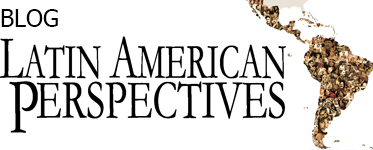“The Measles from the Time of My Grandfather”: Amazonian Ethnocide Memories in Times of Covid-19
By Carlos Fausto | April 28, 2020 Professor of Anthropology at the National Museum of the Federal University of Rio de Janeiro, Brazil Two weeks ago, Kanari Kuikuro called me from Canarana, a small town in the Brazilian Amazon, where he now lives with his wife and many children. He is originally from the Xingu Indigenous Land, which lies up north and is one of the most culturally rich multiethnic constellation of South America. Kanari was apprehensive. – Pamü (cousin), we’re afraid. We wanted to go back to the village, but now our Land is closed. – Pamü, don’t risk it. You can only go back if you go into quarantine. It’s a serious disease. – I know, pamü, it’s like the measles from the time of my grandfather Agatsipá. When I met Agatsipá he was quite old, but his mind was still keen, his eyes bright. He was a brilliant storyteller, and lived a long life. He survived the multiple outbreaks and epidemics that struck the population of the Upper Xingu during the 20th century. The 1954 measles epidemic is the most remembered to this day. It was brutal and quick, scything through whole families at once, leaving no time to properly [...]


